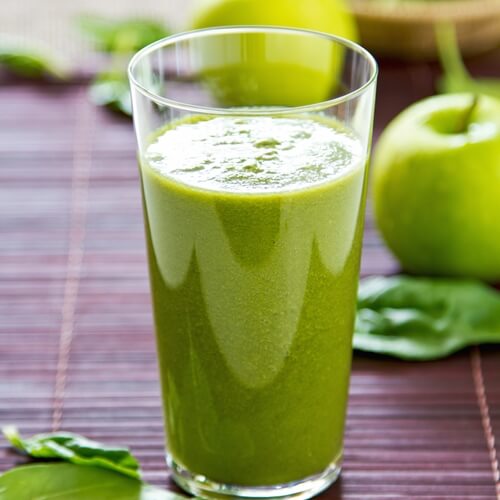Global kale shortage could hit the United States
A kale shortage in Australia and other countries could make the cruciferous vegetable scarce worldwide. Kale is a member of the cabbage family, and though it may look like something that’s come out of a dinosaur-infested jungle, it is becoming increasingly cultivated as farmers try to meet demand. Kale has become popular not only in salads, but also in the green juices and smoothies that have become en vogue. Kale can also be made into a healthy substitute for potato chips, being brought directly to market by grocery outlets such as Trader Joe’s. Though kale has only been sold in grocery stores for the last few years, it has now become a staple and demand is simply too high for farmers to keep up with. The Netherlands-based company Bejo Seeds is one of the world’s leading providers of kale seeds, but the company announced that it has completely run out. This frilly vegetable has also become a key ingredient in the popular farm-to-table movement. You, too, can Become part of the farm-to-table movement by learning classic cooking techniques at culinary school online.
Australian demand for kale
In the land down under, kale has become a dominant crop for many farmers over the past three years. Deborah and Darren Corrigan, a pair of farmers in Victoria, claimed that while a few years ago they planted 1,500 kale seeds, they now plant 150,000 each week during the growing season. Another prominent farmer, Steve Bruynen, said that his farm stopped growing other crops such as leeks and cabbage in an attempt to meet the demand for kale. However, with Bejo Seeds running out of kale seeds, many Australian farmers are being forced to scavenge the country for more.
Kale in the U.S.
Bejo Seeds also supplies kale seeds to U.S. farmers, but whether or not the shortage has a nationwide effect is yet to be seen. Back in April, U.S. kale crops were attacked by a spray-resistant superbug that threatened to knock out the entire crop by early June. The bug was isolated to the west coast, but a shipment of infected kale was accidentally delivered to a Whole Foods in New York, putting crops in jeopardy across the country. Many consumers have likely noticed that the cost of kale is rising at both high-end restaurants and grocery stores. For now, the future of this leafy green remains uncertain.


